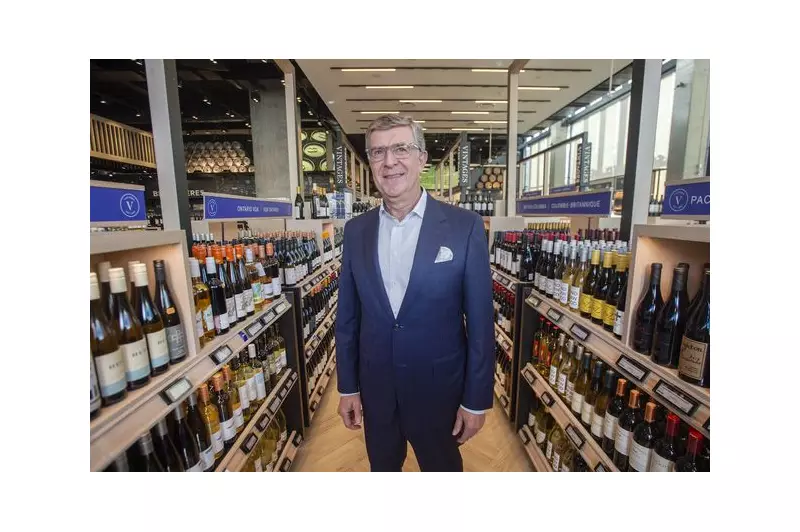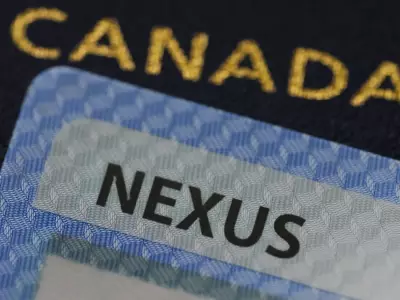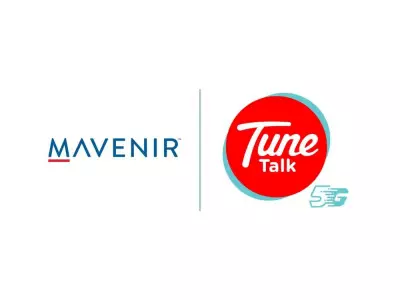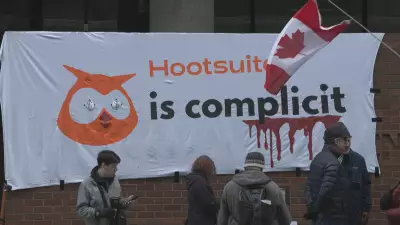
The Liquor Control Board of Ontario (LCBO) has delivered sobering financial news, projecting that its 2025 dividend to the provincial government will fall below $2 billion for the first time in ten years. This significant drop raises serious questions about the management of the Crown corporation that still holds a retail monopoly on liquor sales across the province.
Management Under Fire as Dividend Declines
While many analysts initially pointed to the expansion of alcohol sales to convenience, grocery, and big-box stores as the primary reason for the declining revenue, a deeper examination reveals a more complex picture. The reality involves regulatory changes, shifting consumer habits toward reduced alcohol consumption, and what critics identify as poor management at the highest levels.
LCBO CEO George Soleas and board chair Carmine Nigro face particular scrutiny for what appears to be managing the Crown corporation's decline rather than implementing effective turnaround strategies. The dividend drop from $2.46 billion in fiscal year 2022-23 to $1.85 billion this year represents a staggering 25% decrease, far exceeding what would be expected from recent market changes alone.
How LCBO Compares to Other Provincial Systems
The troubling financial performance becomes even more apparent when comparing the LCBO to other provincial liquor systems. Despite Ontario's monopoly advantage, the LCBO's 2024 per capita dividend of $159 trails behind Quebec ($161), Alberta ($164), and British Columbia ($202). This discrepancy is particularly notable considering that both Quebec and B.C. operate hybrid public-private models, while Alberta has maintained a fully privatized retail system for three decades.
The price comparison for Ontario-made products reveals even more startling disparities. A bottle of Wisers Deluxe Canadian whiskey costs consumers $32.95 at the LCBO, while the same product sells for $31.25 in Quebec, $28.99 in Alberta, and just $27.99 in British Columbia. These figures demonstrate that other provinces manage to offer lower consumer prices while simultaneously returning higher dividends to their provincial governments.
The Path Forward for Ontario's Liquor Retailer
Rather than addressing fundamental management issues, the LCBO appears to be pursuing price increases as a solution to boost its financial performance. The Crown corporation has interpreted the Ford government's directive to "streamline and simplify the wholesale pricing system" in a manner that industry observers believe will result in higher prices for Ontario consumers.
Attempts to obtain clarification from the LCBO, Ministry of Finance, and various industry stakeholders have been met with official silence, but multiple sources indicate that consumer price hikes are imminent. This approach has drawn criticism from those who believe comprehensive management reform, rather than simply passing costs to consumers, represents the appropriate solution.
Rumors have circulated for months that CEO George Soleas may be negotiating his exit package, though no official announcement has been made. Critics argue that under private sector standards, Soleas would have been dismissed long ago rather than approaching a decade in his leadership role. The situation suggests that a substantial shake-up throughout the LCBO's executive ranks may be necessary to restore the Crown corporation to financial health.






